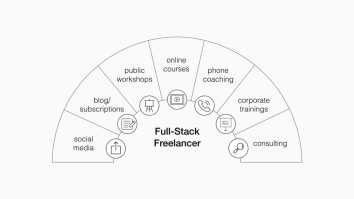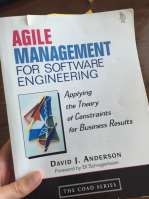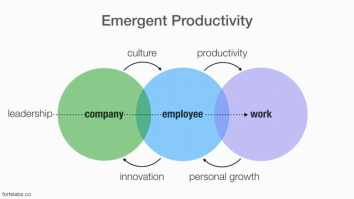
Supersizing the Mind: The Science of Cognitive Extension
You enter your kitchen for a quick lunch: how is it exactly that your brain solves the problem “prepare lunch as efficiently as possible”? Your brain effortlessly, almost instantaneously “assembles” a diverse mix of problem-solving resources on the spot. These “resources” can include knowledge, tools, or structures, and can be: Mental: knowledge, experience, intuition Physical:…








